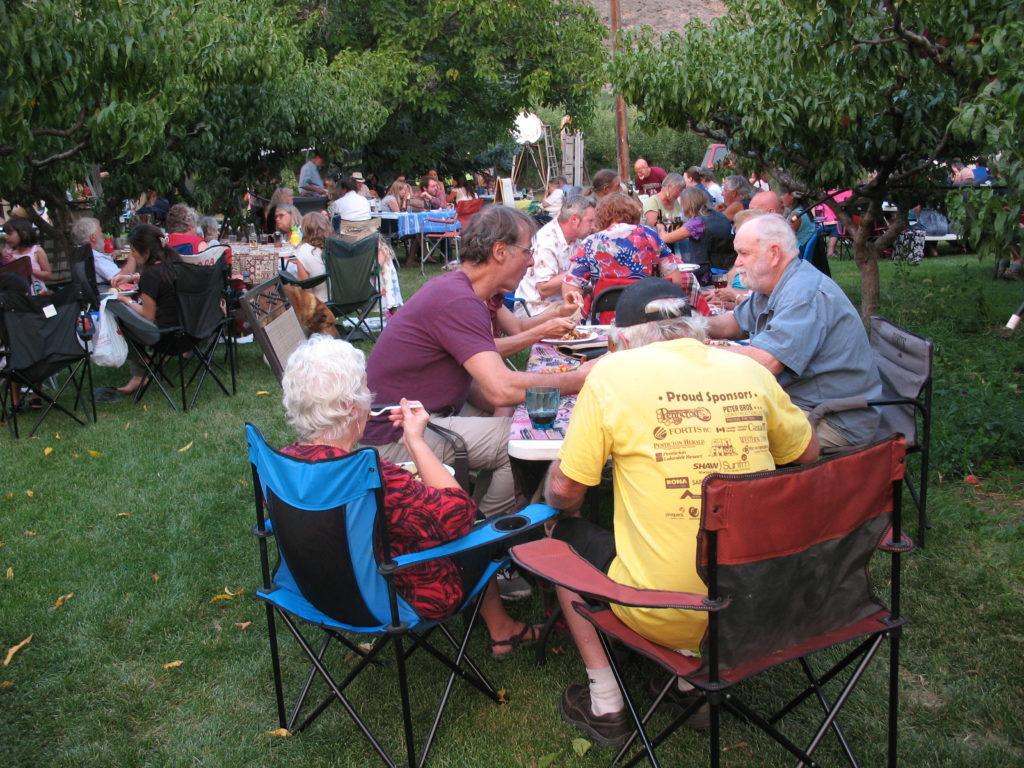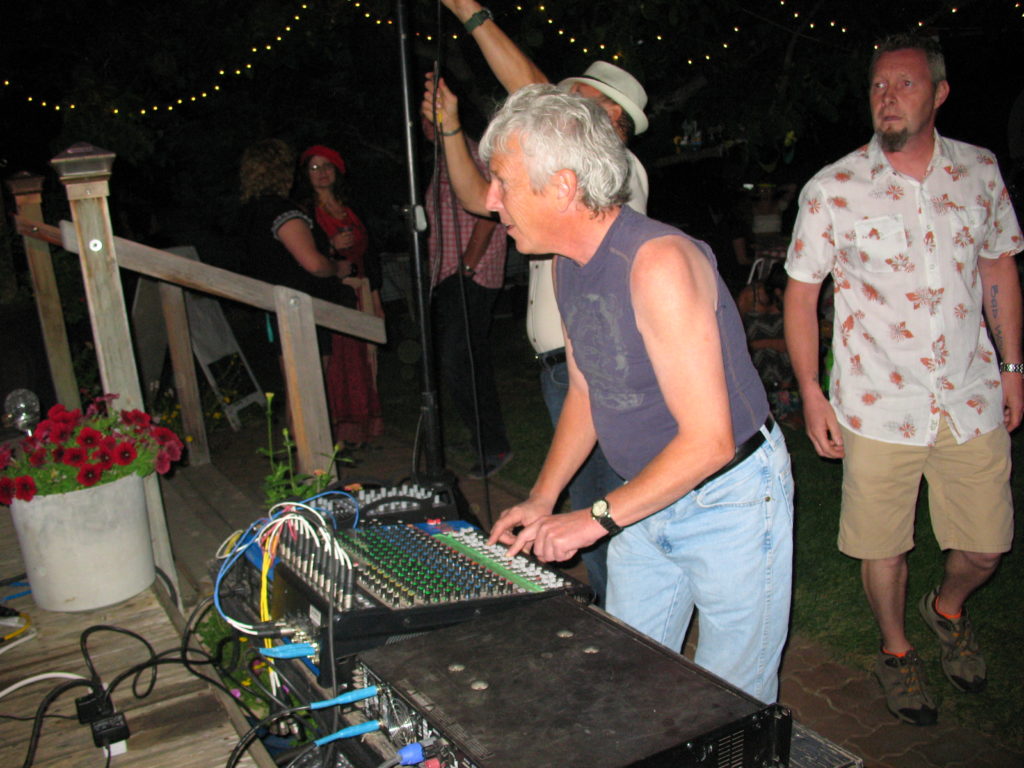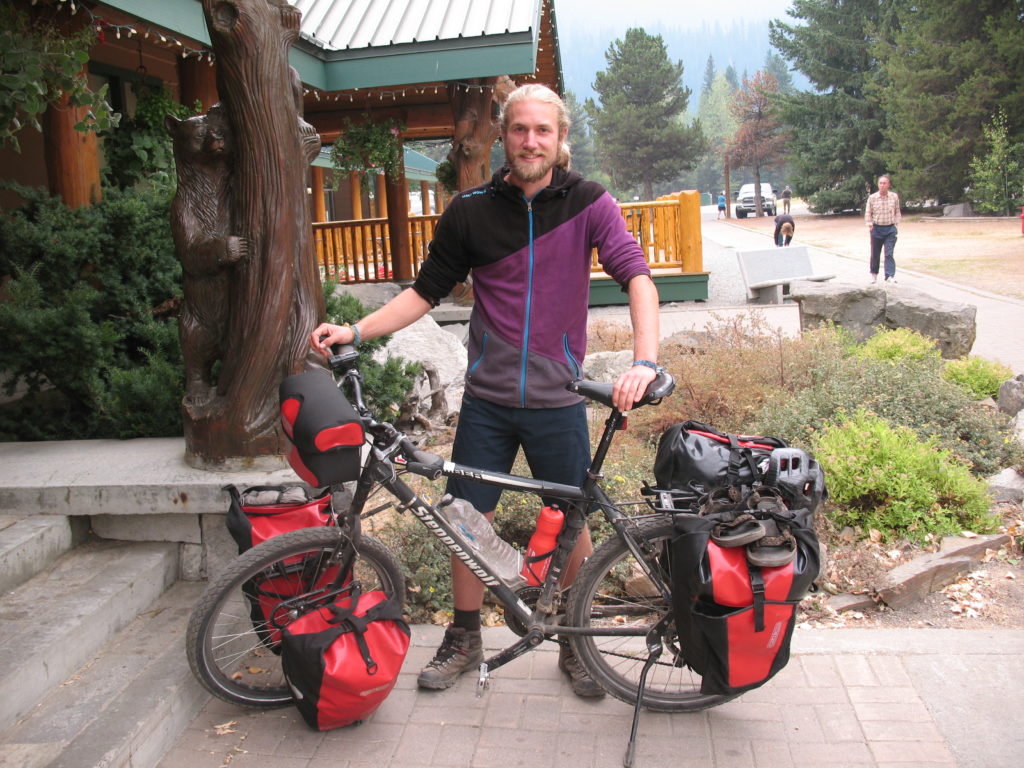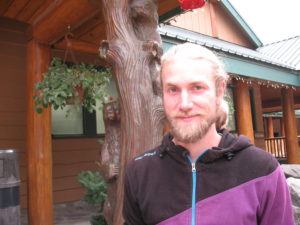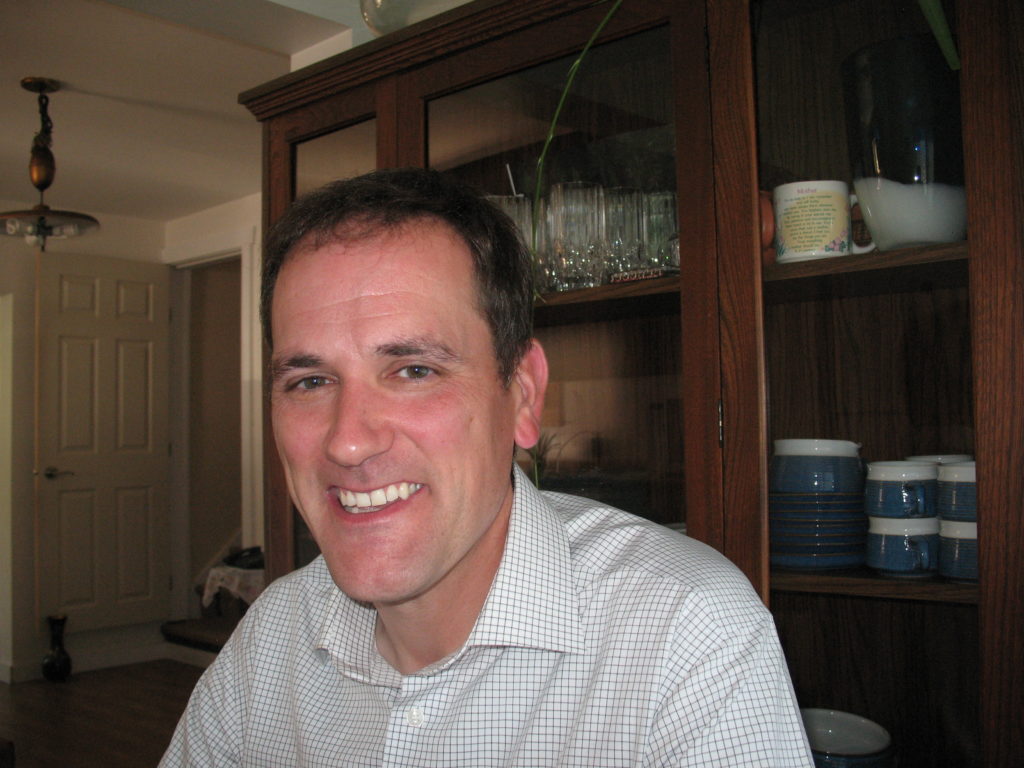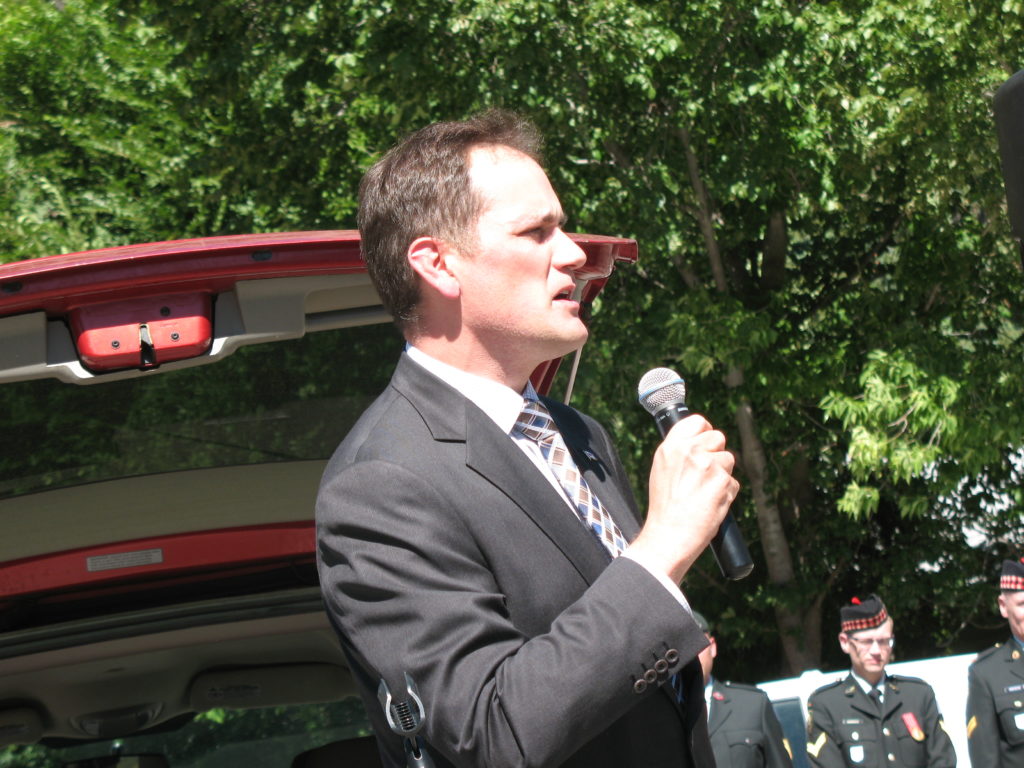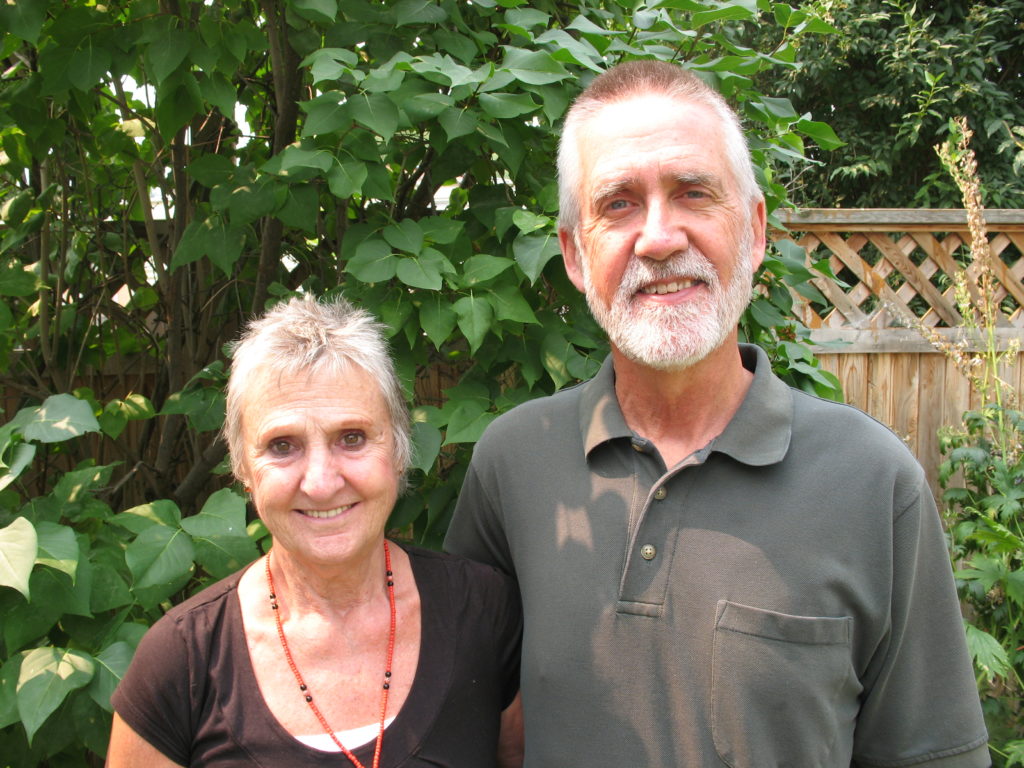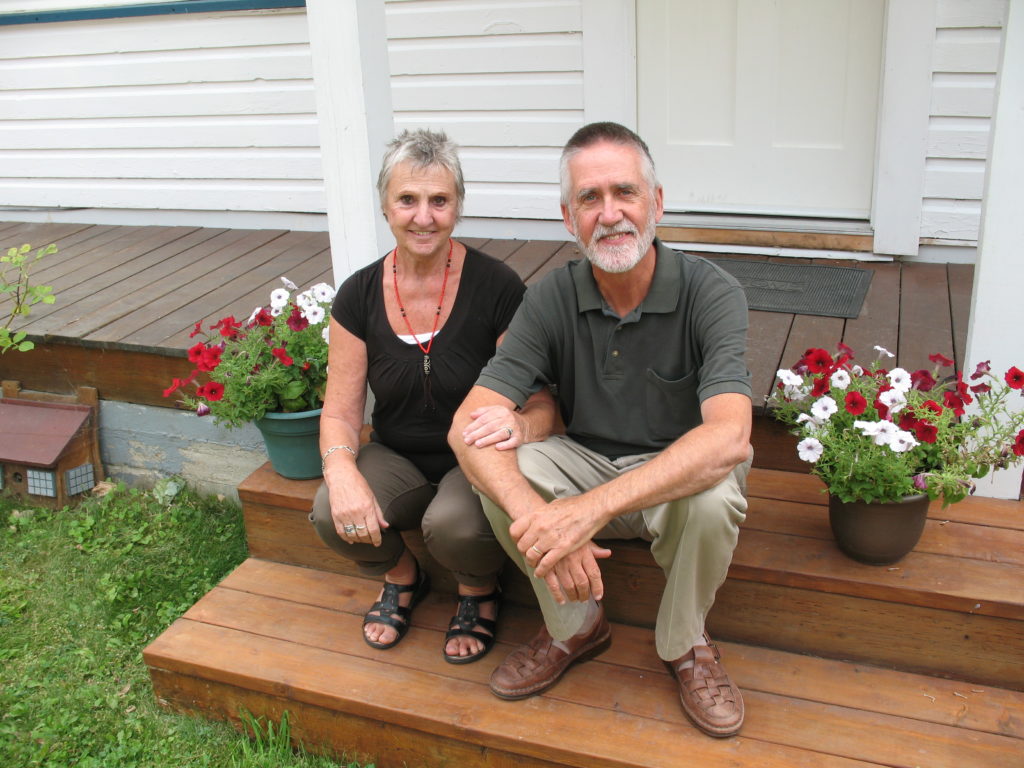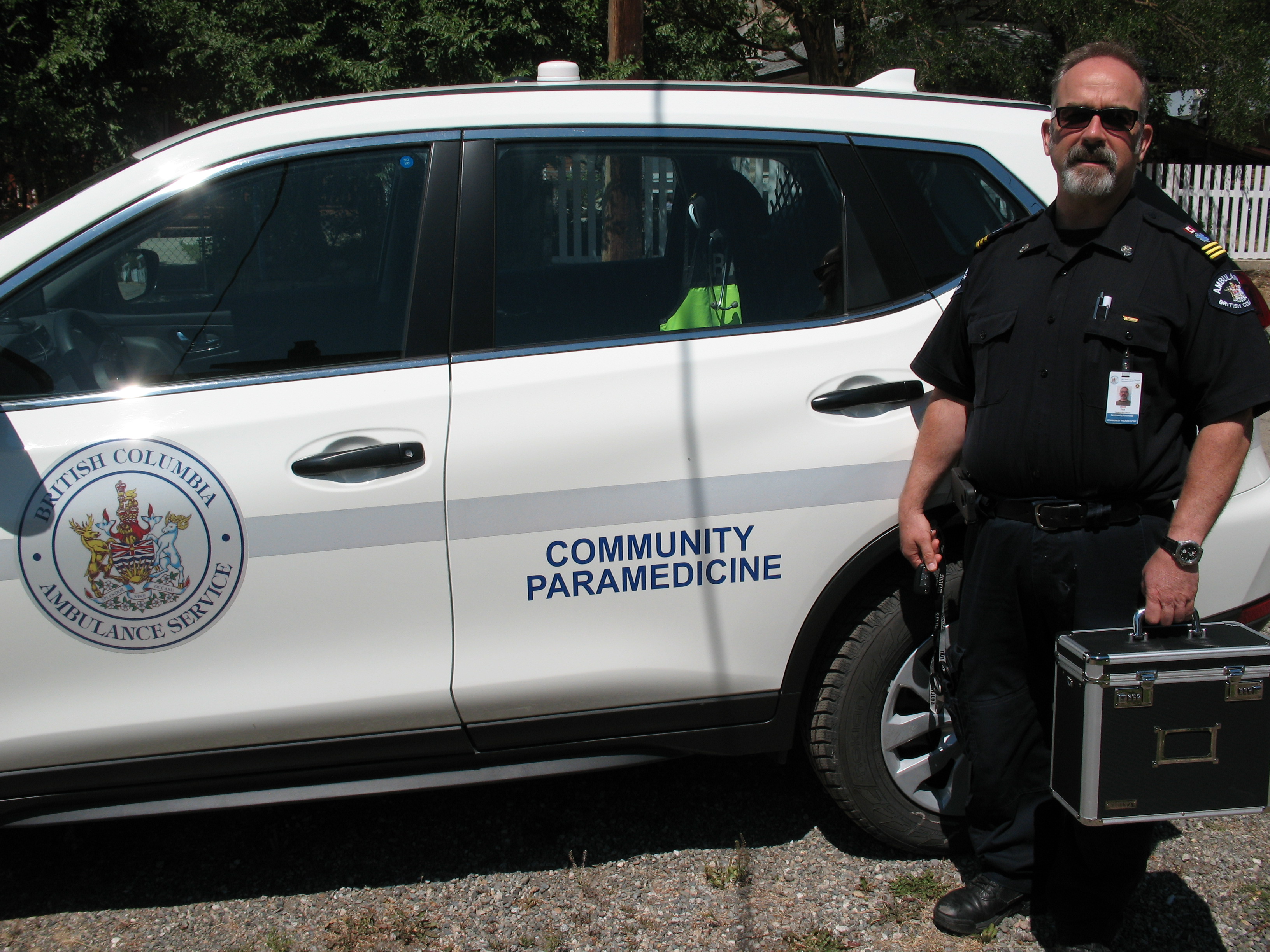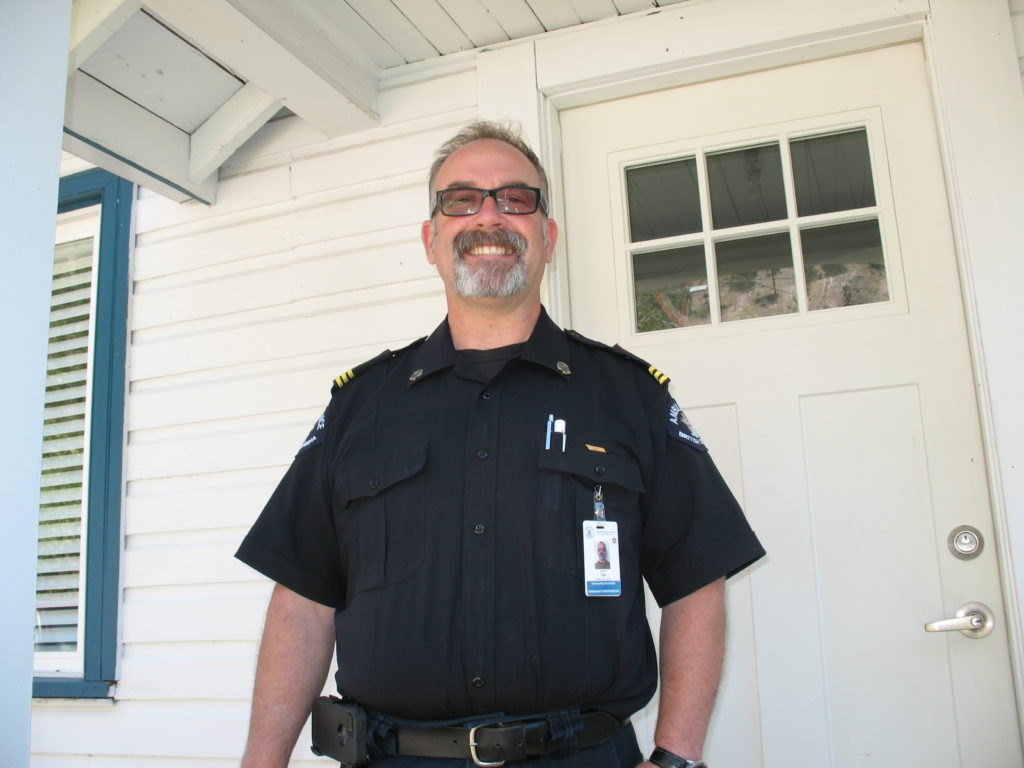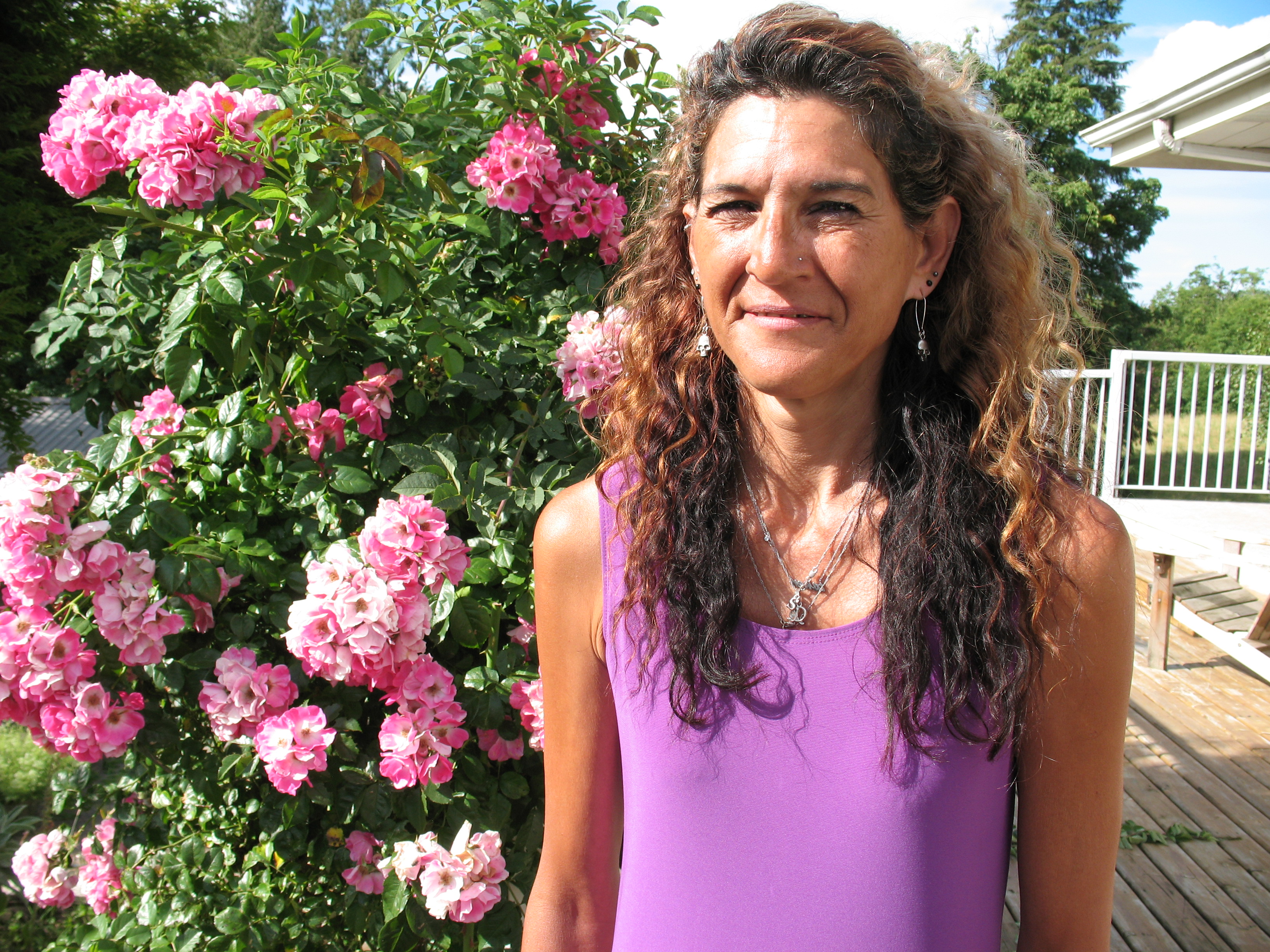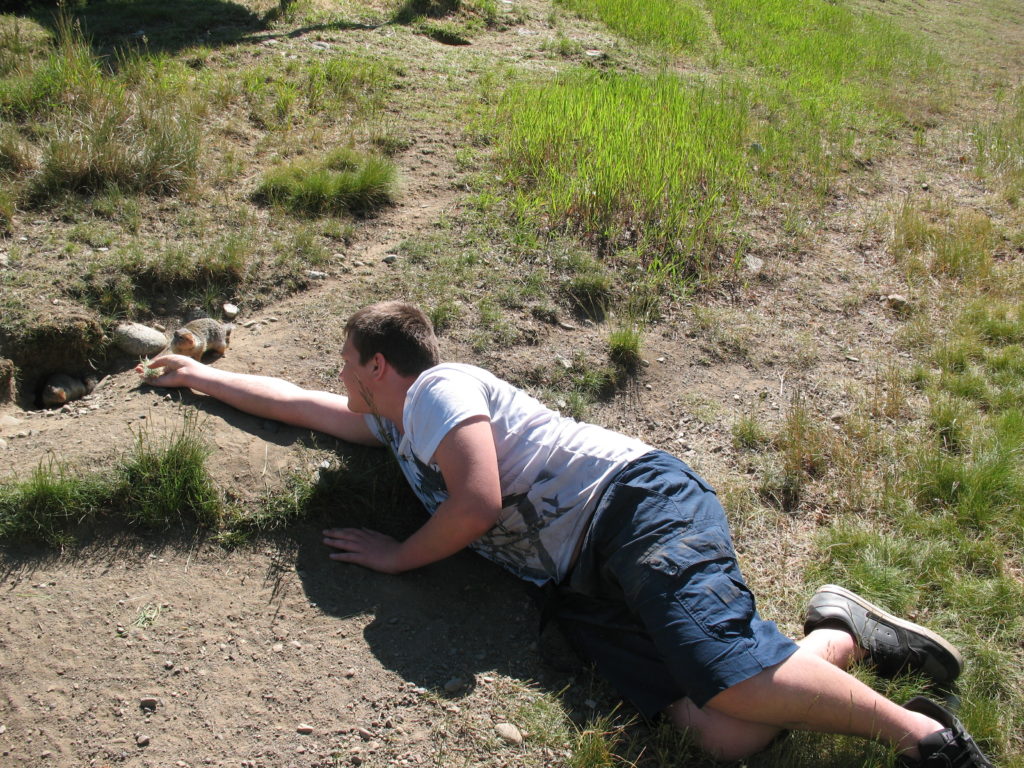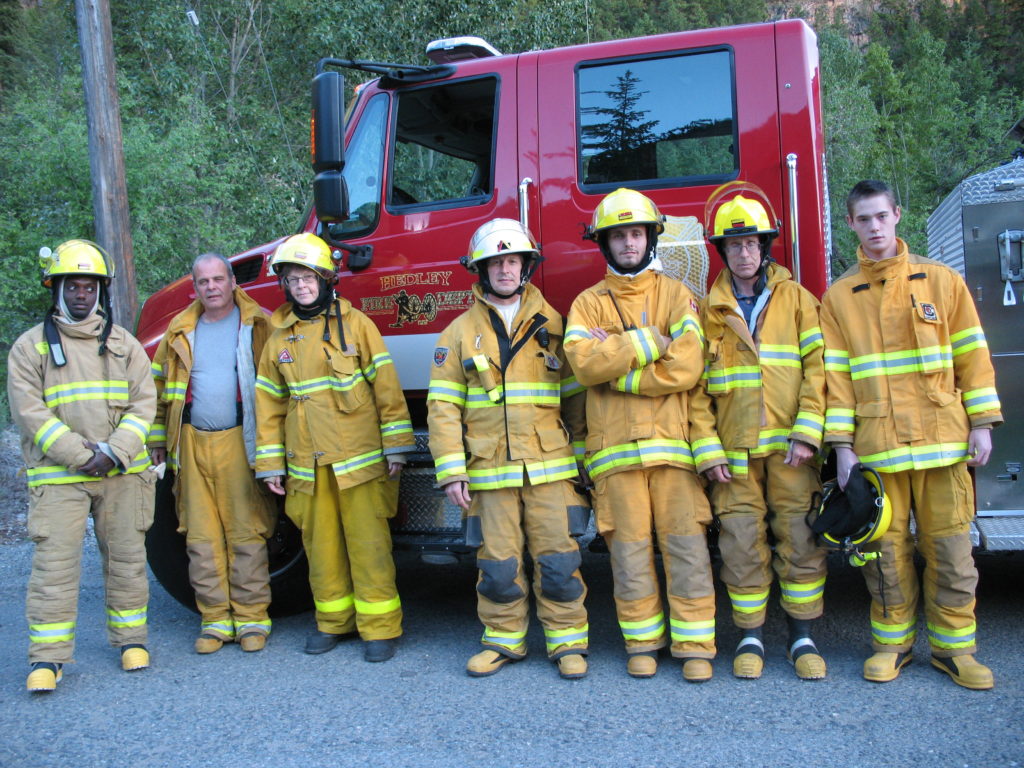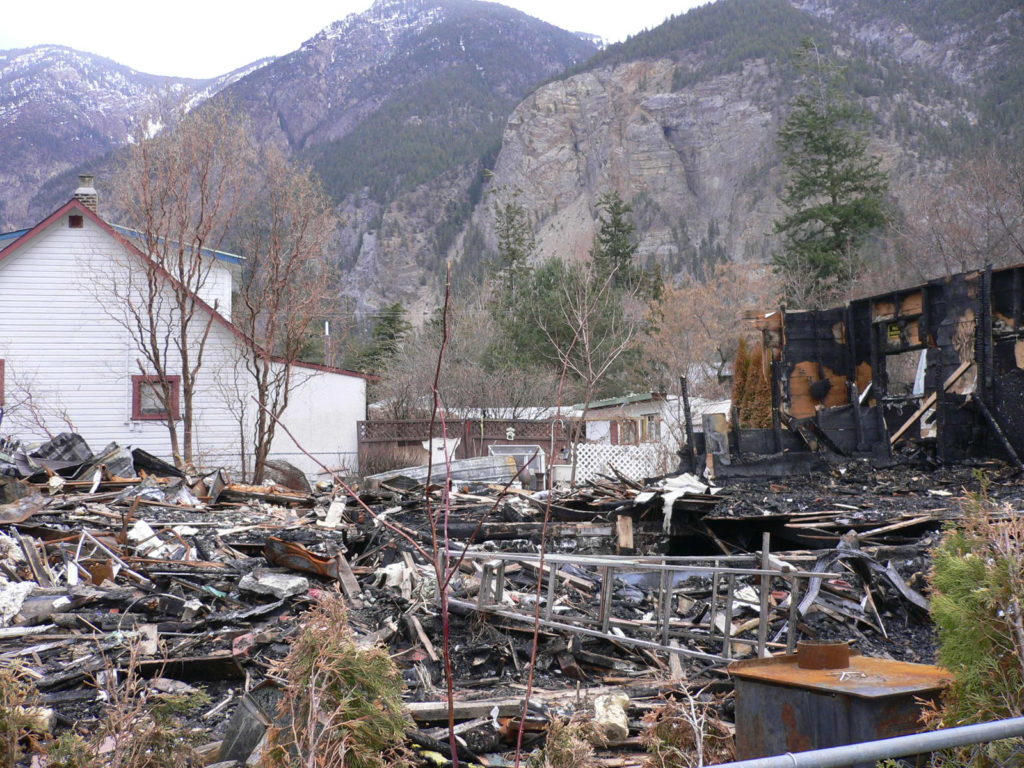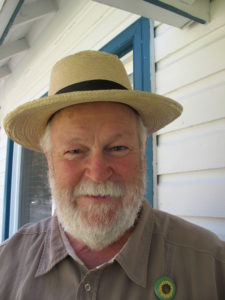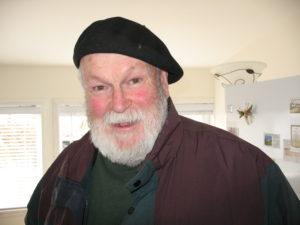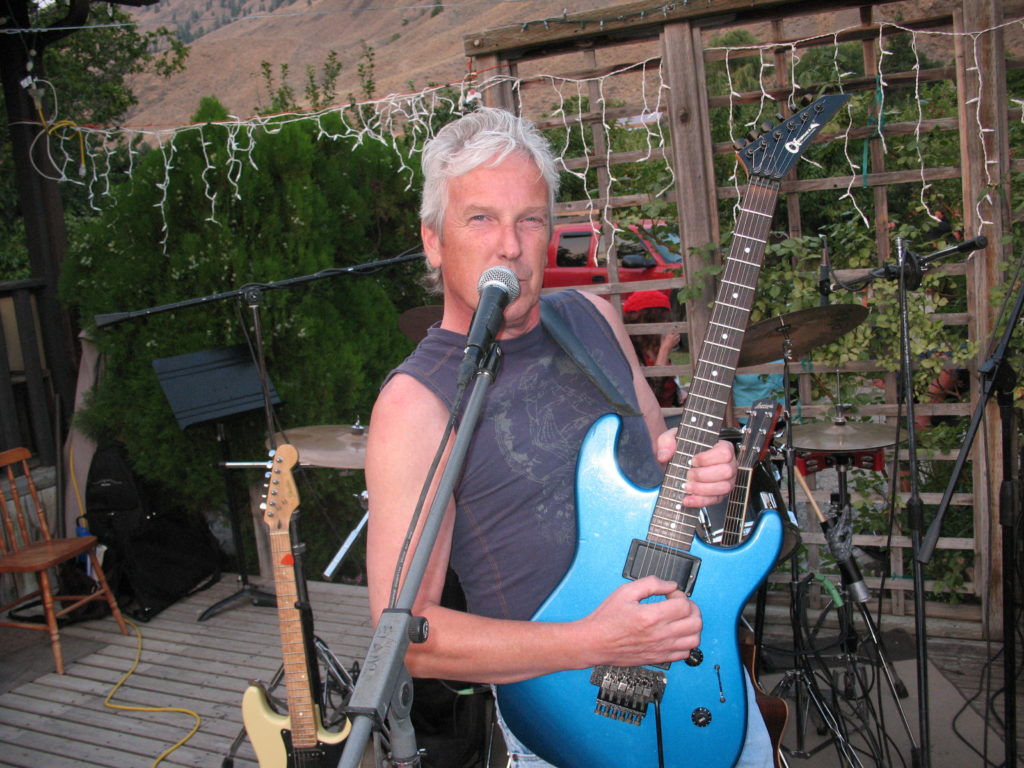
Sitting under a lush canopy of green leaves in a Cawston orchard last week, I asked musician Jeff Lakey, “What has surprised you?” He replied, “I’m surprised I’m still alive and healthy.” After hearing his story, Linda and I were surprised too.
The setting was a neighbourhood gathering of orchardists, farmers, fruit pickers, and anyone living in the area. A long table was laden with tempting, sumptuous dishes. I lost count of the many people seated at tables scattered among the trees.
Jeff was there as one of the entertainers who would perform on the spacious stage. He had asked us to meet him here for the conversation we had arranged when he was in Hedley with his band, the Black Birds. As we were eating, a succession of individuals came around to greet him. Some shook hands, some hugged. It was evident they were delighted to see him. I thought there was a sense of poignant nostalgia in some of the greetings. He was one of them, and yet different.
We learned that music has been a constant thread in most of Jeff’s 53 years and has almost certainly buoyed him and kept him alive. “I play drums, guitar, strings (key board), piano, bass guitar and I do vocals.” He writes much of the music he performs and has produced 2 albums. When the first musicians appeared on stage, Jeff was asked for help with the elaborate sound system.
Now a warehouse supervisor in Keremeos, he earlier worked 10 years at a center for children with mental disorders. “I introduced music therapy,” he said. “I brought in tambourines and shakers and we made music together.” He still cherishes the memory of hearing children say, “I feel like I’m actually worth something.”
He also did music therapy at Portage. “One day I heard a girl singing in her room. She had a beautiful voice. I urged her to come out and sing for everyone. She told me she didn’t sing for people. I offered to accompany her on my guitar and she agreed. She went on to sing ‘True Colours’ at a concert in Vancouver. About 30 musicians came out of my program at Portage. I always recorded them and gave them a copy.”
Personable and energetic, Jeff has loyal friends and has enjoyed considerable success as a musician. But, it almost didn’t happen. “My dad left when I was 3,” he said. “I’ve totally lost track of him. Fortunately Mom married again. This man became my father. He was my friend and mentor.”
For reasons Jeff doesn’t fully comprehend, his life began to unravel in his early teens. “I was carrying a lot of resentment,” he recalled. “I got into drugs, anything I could get my hands on.” In 1999 his parents intervened. They brought him home to their farm.
“I continued with the drugs though and hid this for 2 years. Later people in Cawston told me they knew. They accepted me anyway. During that time I teamed up with a friend and started the Black Birds band. Then my father died at age 56. He was my rock. With him gone, that was it. I couldn’t do anything. I crashed.”
A friend came looking for him and found him in a drug house. “I was lying on the floor. He took me away from there.”
In 2001, at age 38, he understood his life style was leading downward to certain failure and destruction. This wasn’t what he wanted. Within him was a desire to do something of value with his musical talent. He entered treatment at the Cross Roads Centre in Kelowna. This cleared his thinking. It was after this that he produced the 2 albums, worked with mentally disadvantaged children and then persons with addictions. He has written and performed numerous songs. When his mother died 3 weeks prior to our conversation, he wrote a song for her. It says in part, “Images of you in my heart, keep me satisfied.”
Jeff’s life experiences enable him to write realistically about addiction and homelessness. “My message,” he said, “is that sometimes when you are knocking on a door, asking for help, people don’t understand. Keep knocking and in time someone will answer.”
Recently Jeff Lakey auditioned successfully with an all-star band in Vancouver. He’ll have a bigger stage for his message. The people in that Cawston orchard will be cheering him on.

